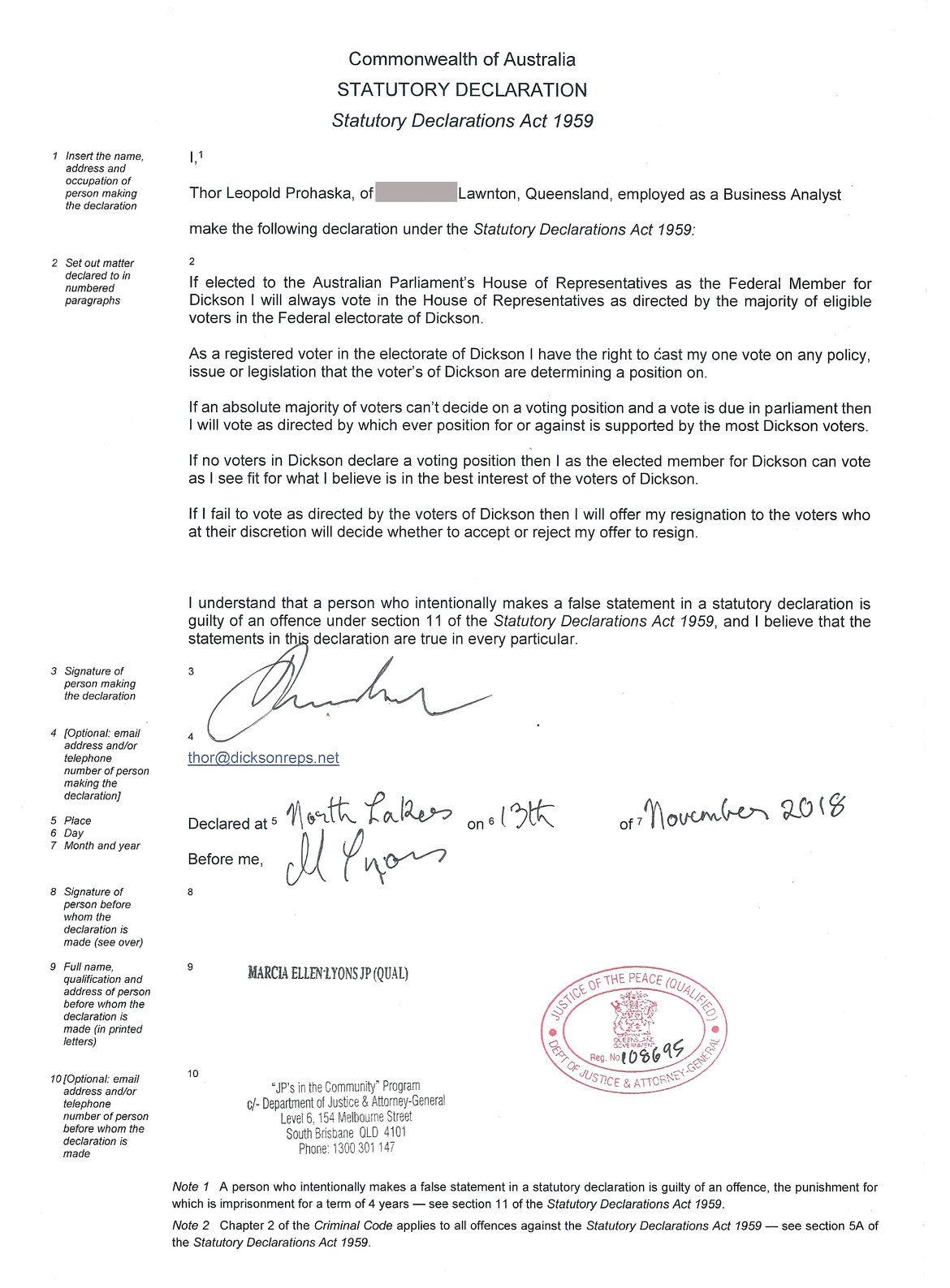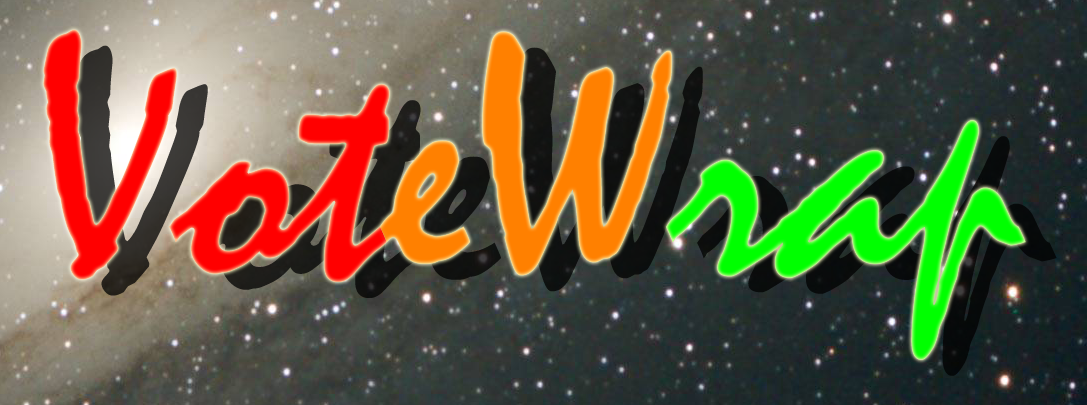Representation
The core of a Representative Democracy is Representation. The current model of political parties, with their own sets of policies endorsing candidates who then get elected and vote as directed by their parties and donors falls way short of real representation. To compound this problem even further even if the elected representative wanted to represent what the majority in the electorate want how can one person engage with 100,000+ voters across 100's or 1,000's of policies. It is just not possible. So for this idea of direct democracy to work we need a new model that addresses these very real limitations. To this end the Dickson Representatives have adopted a representation model that has many representatives :
Any voter in the electorate can represent themselves directly or other voters on all policy issues.
Representation is divided into two broad categories of Community Representatives and Bill Representatives.
Community Representatives as the name suggests aren't focused on policy specifically and seek to represent other Dickson voters who don't have the time or inclination to be involved directly in any policy issues. The Dickson Rep collects the proxy votes of the voters who choose them as their Representative and then engages with the various representation activities in the electorate. It is from this group that the candidates for elected office will emerge.
Bill Representatives are directly involved in one or more specific Bills. They also collect the proxies of those people who choose them as their representative for that Bill. The Bill Rep can take a position for or against a policy and voters will generally select their Bill rep on the basis of whether or not they take the same position as them, A General Rep can also be a Bill Rep on one or more policies. It is the role of the Bill Reps to determine the electorate's positions on policies. And to then inform the Member for Dickson how to vote in parliament on these policies.
This approach is outlined in the following diagram which shows the Proposed Structure of ‘Policy / Voter / Member / Representatives.
The only requirement to be a Dickson or a Bill Representative is to nominate your self.
However, those Dickson Reps who wish nominate to stand as an independent candidate at a Federal election will have to sign the a Statutory Declaration pledging to represent what the majority want and to agree to preference all other Dickson Reps who are also standing for election ahead of any other candidate.
Do you want to vote on Bills?
If you are a Dickson voter you can vote on, or be involved with one or more Bills. And if you don't have the time to be involved directly then you can choose a Dickson Rep to look after your vote.


